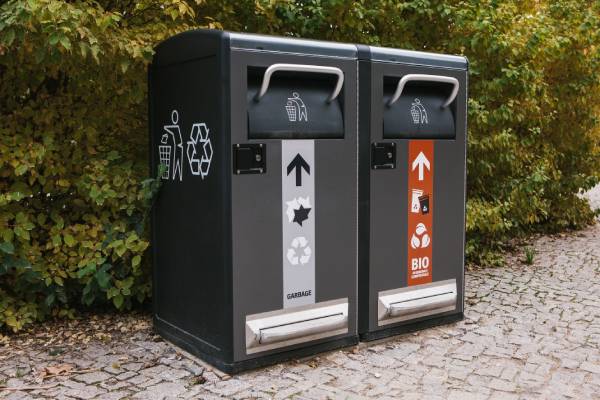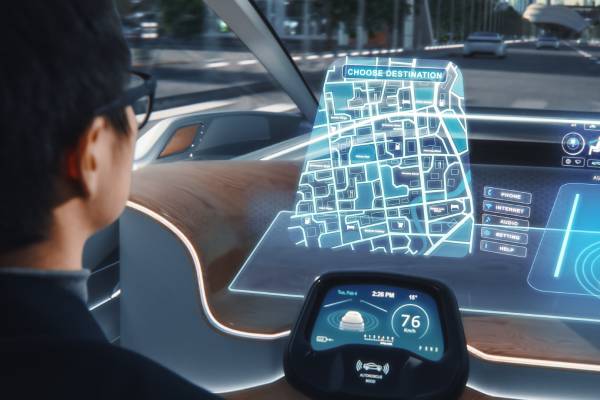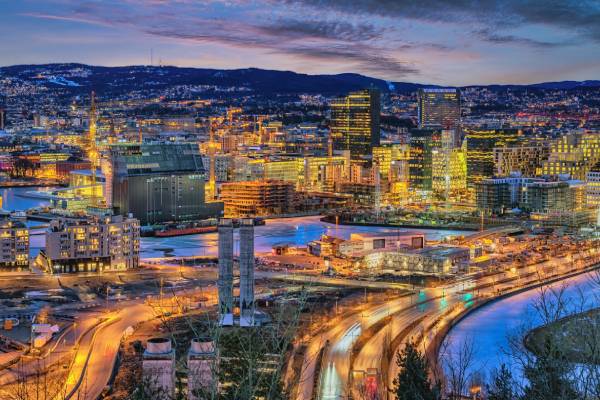
What are smart cities?
What are smart cities?
Smart cities are already a reality
Reading time: 10 min
According to the World Bank, in 2018, 80% of Spaniards lived in cities and that percentage is expected to reach 88% by 2050. In this new scenario, public and private entities are in collaboration to find different strategies for improving the performance and environmental impact of cities.
Smart cities are an efficient solution that seeks a balance between people, institutions, technology, and sustainability. Through an integrated and holistic approach, smart cities aim to reduce environmental impact, increase economic competitiveness, guarantee security for all citizens, and promote transparency in governance.
What are smart cities?
What are smart cities?
A smart city takes advantage of the potential of Information and Communication Technology (ICT) to promote sustainable development in the most efficient manner and improve the quality of life of its citizens.
The concept of smart cities, also known as a City 4.0, should not be confused with sustainable cities, which seek to reduce the carbon footprint of its activities and promote sustainable consumption and production patterns, depending on its geographic, social, economic, and cultural characteristics.
Smart cities, or advanced cities, thrive off technology-based tools and methodologies in order to advance toward a fairer, safer, more efficient and sustainable future. To do this, effective solutions are presented that respond to typical challenges found in a large city such as mobility, the economy, public services, employability, and citizen engagement, among others.











